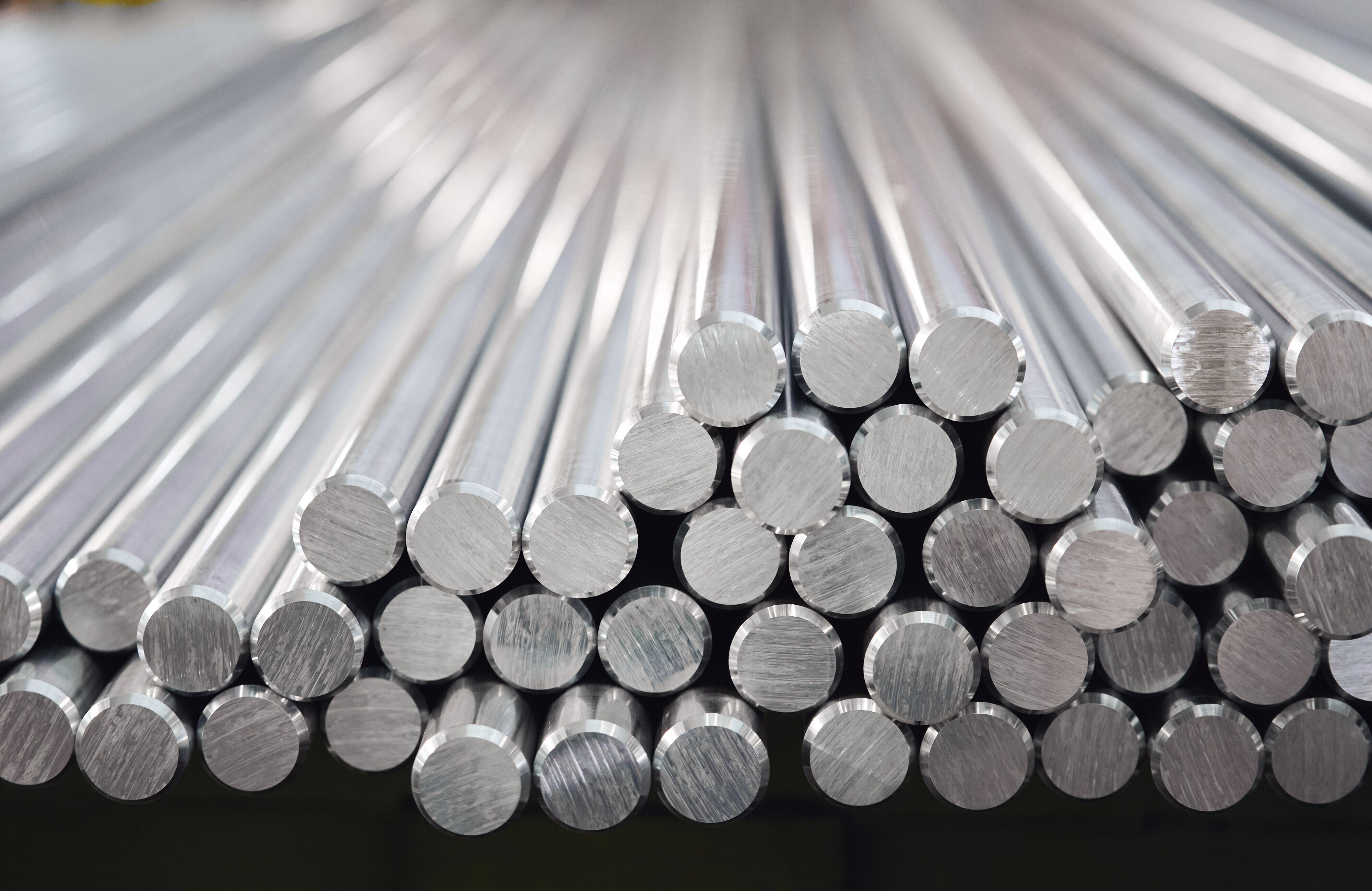您想继续阅读英文文章还
是切换到中文?
是切换到中文?

THINK ALUMINIUM THINK AL CIRCLE

Eural Gnutti, a manufacturer and seller of semi-finished aluminium products, has rolled out a new lead-free aluminium alloy specifically designed for the automotive industry, meeting the growing demands of stricter regulations. This development is in line with the changing standards in the automotive industry, which is increasingly focusing on lighter, safer and more sustainable options.

Eural is taking a proactive approach to tackle regulatory and environmental challenges by developing alloys that comply with the updated End-of-Life Vehicles (ELV) Directive. This new regulation, which will come into effect by the end of 2027, significantly reduces the maximum allowable lead content in vehicle materials and components from 0.4 per cent down to just 0.1 per cent.
The Council of the European Union (EU) has made its position clear on the new ELV Regulation, which requires that vehicles be designed with reuse, recycling and recovery in mind. This regulation also sets binding targets for materials like steel, aluminium and other critical raw materials, along with requirements for circularity strategies and tracking components.
In response to this, the firm has introduced the 6026LF. This lead-free alloy acts as a compliant alternative to the traditional 6026 and serves as a sustainable substitute for the commonly used, lead-containing 6064A in the automotive industry.
The 6026 lead-free aluminium alloy
Eural 6026 aluminium alloy is a top-notch material designed to meet strict environmental standards. It boasts medium-high mechanical properties and outstanding corrosion resistance, making it an excellent choice for high-speed machining on automatic lathes. One key advantage is that it is free from tin (Sn), which can lead to weakness and cracking in parts that are under stress and high temperatures. This alloy is used in various applications, including the automotive and electric/electronic sectors, hot forging and the manufacturing of screws, bolts, nuts and threaded components. Plus, 6026 meets the EU directives 2000/53/EU (ELV) and 2011/65/EU (RoHS II).
Also read: Nupur Recycling expands from scrap to high-value alloys with Tycod acquisition
How is 6026 alloy different from 6026LF alloy?
Eural 6026LF is a cutting-edge, lead-free aluminium alloy designed to meet strict environmental standards, providing a greener alternative to the traditional 6026. Both alloys share medium-high mechanical properties and are great for high-speed machining, but 6026LF stands out because it is free from lead and tin, tackling health and regulatory issues. This makes 6026LF an ideal option for industries like automotive, electronics and valves, where adhering to RoHS II and REACH regulations is crucial.
The 2077 lead-free aluminium alloy
Back in 2023, the company had rolled out the 2077 lead-free aluminium alloy, a robust and easy-to-machine material crafted to meet strict regulatory standards while providing outstanding machinability. With an ultimate tensile strength (Rm) that exceeds 69.6 ksi, the 2077 alloy outperforms traditional hard alloys like 2024, 2014A, 2017A and 7075, making it a solid alternative to specific grades of stainless steel, cast iron and brass.
Its fine chip formation, similar to that of 2011 alloys, guarantees high productivity and precision in high-speed automated lathe machining. Importantly, the 2077 alloy is free from tin, a material that can weaken machined parts under stress and it’s made with a significant amount of recycled aluminium, supporting sustainable manufacturing practices.
Paolo Pilato, Sales Manager at Eural, stated, "The 6026LF has already been extensively tested with positive results confirmed by customers in the automotive sector. Its mechanical properties, combined with the absence of lead and full compliance with new regulatory requirements, make it a valid, reliable and sustainable alternative for manufacturers and component suppliers to meet the standards set by the European Union."
The development of aluminium alloys has brought about incredible strength and reliability, making them essential for key structural parts in vehicles. The firm’s solutions are now a vital part of many applications, including drawn bars, automatic gearboxes, clutches, seatbelt pre-tensioners, airbags and braking systems. They also provide extruded profiles for heat sinks, pump bodies, bushing blocks, anti-vibration elements and steering components.
To know more about the global aluminium downstream industry, read “Global Downstream, End User and Recycled Aluminium Industry Outlook 2025”
Responses








